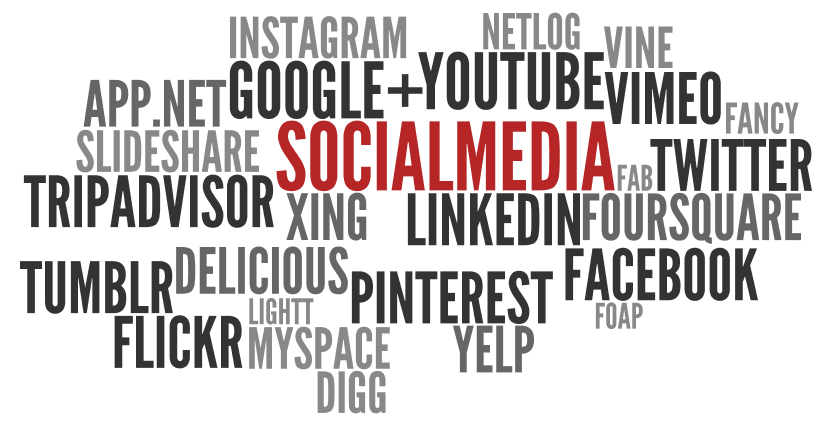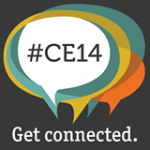It has been a rough couple weeks. My town, like so many others, has a community forum on Facebook. Residents share the good, bad, and everything in between. In this online community, I have noticed a growing number of complaints about different schools, teachers, and issues that occur as we deal with students. As a high school administrator, I personally have pretty thick skin, but the constant negative talk is publicly hurtful to our schools.
I have seen families vent on social media about their school, teacher, or a particular policy they disagree with. I am struck that this is the first step of what you do when things aren’t going the way you want them to go at your school. Prior to an incident where I was identified, the event was not laid out in a truthful way, and I was working to resolve the situation as they were posting negatively about our school and me. I knew the school and teacher bashing was bad, but I didn’t know how personally hurtful it was.
Educators are many times in a position where they cannot defend themselves on social media. Sharing information would be a violation of FERPA and frankly unprofessional. So the blame piles on. Comments and comments and comments are made lambasting school rules, teacher’s grading policies, and the overall state of our schools. While I will absolutely be the first to say that schools and educators working in them make mistakes and may not see the best way to do something, blasting someone on social media isn’t going to resolve the problem. I see, again and again, frustrated parents sharing discipline incidents or grade disputes with an online community that they do not know. I wonder, what is the benefit of doing so?
So, what do we do when things go wrong at school if we aren’t just putting the school on blast on social media? What if we asked parents and community members to start with the teacher or whomever they are concerned with. What if we try to resolve it in the most local way? What if we utilized the chain of command if it isn’t resolved with satisfaction? This is a powerful tool: go to administration or seek out a supervisor. If you still aren’t satisfied, go to district administration and then even to the school board. If a school isn’t serving you, it is ok to let them know. But please do not go to Facebook to out your teachers, counselors, bus driver, or administrator for doing something that you perceive as wrong.
Schools are left defenseless to remarks that are sometimes not totally factual or involve issues that they are trying to resolve. In the end, all that is created from social media slander is an atmosphere where schools are filled with a demoralized staff who does not feel the support of their community.
As I sat down to write this, I got a call. A person took a newspaper photograph of our school’s varsity football players kneeling in prayer before the game out of context and blasted us for allowing them to kneel during the anthem. While all students have the right to do either, and this article is most definitely not about student protest or prayer, our schools and coaches were getting hit from all sides about the incident on Facebook. Once again, facts were wrong, but that was not relevant or interesting to outraged FB posters. The comments grew and grew until parents of the students were forced to share the information in context.
I think everyone can agree: these are divisive times. Schools have plenty to do to resolve the issues that are on their campuses with their students. While we should absolutely answer to the public, a social media forum isn’t the appropriate place for them to defend or talk about private, singular incidents involving students. I encourage all parents or concerned citizens who go to social media to share things that are happening at their school to leave the keyboard behind and go into the school to make the changes we need. Everyone wants to see the same outcome at the end of the day, and that is to make our schools a better place for the students who attend them.










Comments 5
I could not agree more. Whether issues are with schools, or other institutions or businesses, the most respectful, and actually the most productive, way to proceed is to start with personal conversations. Nothing can replace that, and social media posts rarely lead to the least stressful type of resolution for anyone involved.
We all need to examine our motivations and the context when we post and rant on social media. Before we make a public post (and in reality, they are all public) we need to consider whether we have the actual facts, in an appropriate context, and whether those posts will really make a difference.
However, there is a role for social media, and definitely for real journalism in creating change. I think when families or community members have already exhausted the chain of command and still feel frustrated, many times rightly so, then they should use all the tools at their disposal.
This post is everything right now! Too much damage is done on social media. It is hard to share the incident correctly in a 140 word format. Too many people begin reading and making assumptions. They start commenting. Since they are at their keyboards or using accounts without any names or photos, there is no accountability in what they are saying. It then turns into a wildfire that grows and grows.
Well said, Jamie! It is really a shame that you’ve had to deal with it. I’ve seen it done time and time again to teachers, schools, districts, and even students. It is an important reminder on the importance of real communication, not using the relative anonymity of a computer screen to let accusations fly. Sharing!
As a new administrator, I can’t tell you how much I appreciate this post! Many times, I am working diligently behind the scenes to investigate things and just can’t comment publicly because of the laws I’ve vowed to uphold as the representative of a fair and equitable public education institution. When I see angry social media posts, I want to hug or have coffee with the people posting them… I want to reassure them that our goals are aligned… and I often just can’t talk about things because of privacy laws and/or our kiddos’ (and parents’) right to a democratic and fair investigation process. This silence is often interpreted as we “aren’t doing anything” – which is FAR from the case! Seeing this post helps me feel less lonely and helps me know I’m on the right track. Hang in there friend.
Thank you for sharing this Jaime. Like you said, this is happening everywhere in all of our school districts and it’s just not good for anyone, especially when teachers and schools are being attack unfairly (and like you said, most of time, the “facts” are all wrong or taken out of context). This has to stop! These attacks on our schools is a constant reminder that in this digital age we need more ethical professionalism, more fact-checking, and more time to consider the impact of half-truths and sensationalism!